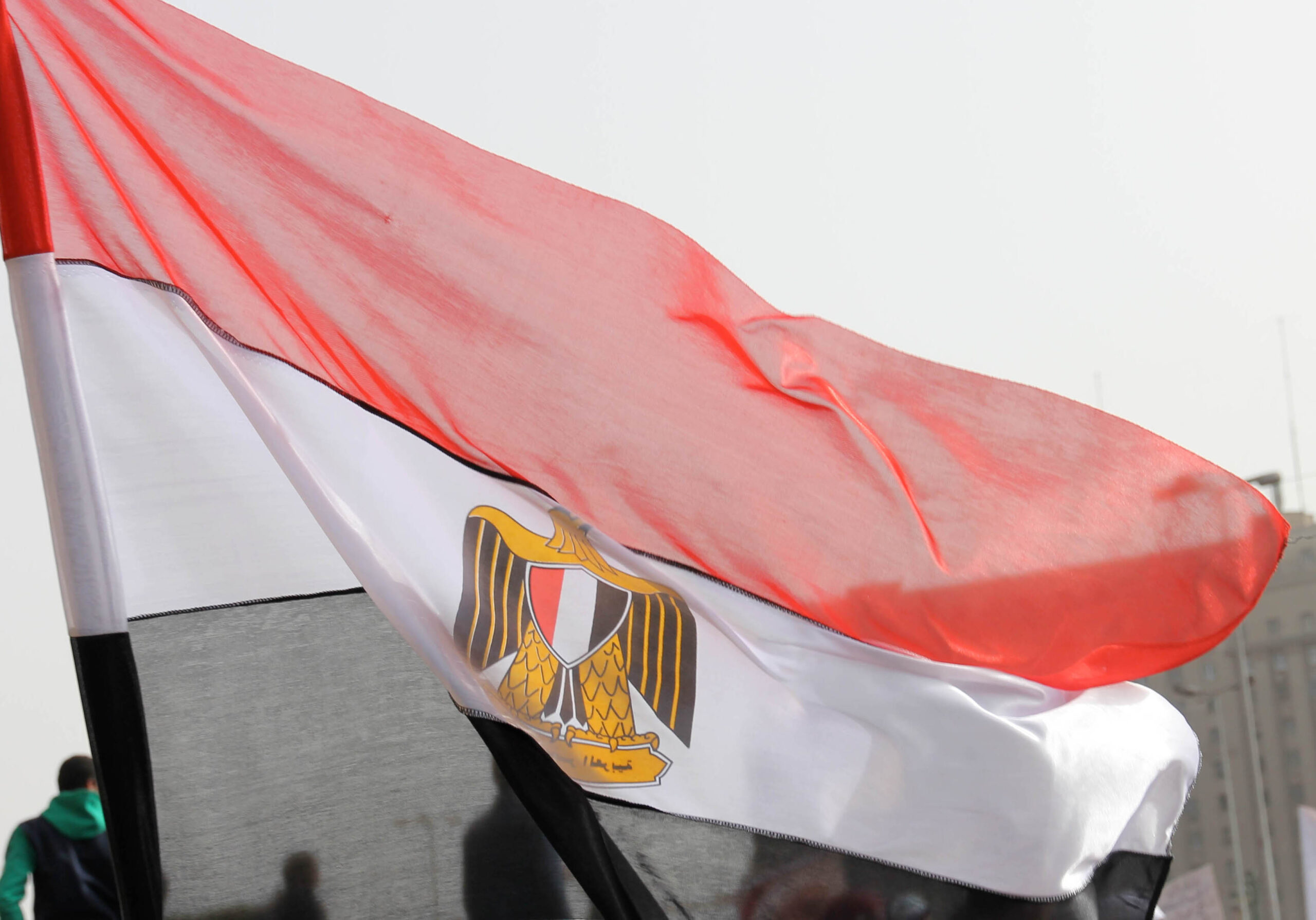The ICJ reports that there has been a marked deterioration in the professional situation of lawyers in Egypt.
In a 50-page Mission Report, entitled “Egypt: The Sequestration of the Bar”, the ICJ examines the dissolution of the Egyptian Bar Association (EBA), of the country’s regional bar associations, and the subsequent appointment of sequestrators to administer the EBA and the regional associations.
The Mission Report concluded that the present situation in which neither the EBA nor the regional bar associations have elected councils is profoundly disturbing. The delay in holding elections was also found to be particularly worrisome. The ICJ Mission recommended that all the interested parties, such as the government and the lawyers representing various points of view, accept that elections be held to the EBA Bar Council before 1 October 1998. The ICJ regrets that this date has since passed with no change to the status quo, despite the fact that the CIJL had informed the government of this recommendation in June 1998.
In this context, the ICJ regrets that the government has been stalling the electoral process. In pretexting the inadequacy of the registry of those individuals who would be entitled to vote for their leadership on the Bar Council, the government is showing lack of cooperation in resolving a very pressing issue. Whatever may be the reasons for this attitude, the ICJ remarks that it only results in effectively perpetuating a status quo in which lawyers are denied collective expression.
The Mission Report emphasises that Court-appointed management of the EBA and regional bar associations constitutes an unwarranted external interference in the self-governing professional associations of lawyers in Egypt and is contrary to Article 24 of the 1990 United Nations Basic Principles on the Role of Lawyers. The Mission Report also highlights the fact that the role of Court-appointed sequestrators in disciplinary proceedings of the legal profession is contrary to Article 25 of the UN Basic Principles.
The current impasse is the result of a number of factors. The main one, political, is that during its last few months in existence, the Council of Egyptian Bar was largely controlled by lawyers from the Islamic opposition. A case was brought before the court alleging financial fraud in the EBA As a result the court ordered the sequestration of the EBA.
Urging the necessary election of a new governing Bar Council, the ICJ stressed the need to preserve the freedom of lawyers’ professional organisations in the country. The ICJ considers this freedom to be central in upholding the rule of law and human rights. Meanwhile, the report recommends that the issue of the competence of the sequestration of the EBA be considered by the Egyptian Constitutional Court.
On 12 June 1998, the ICJ transmitted the Report to the Government of Egypt requesting comments. In its response of 15 July 1998, the Government of Egypt states that the problems of the EBA constitute an internal matter within the association and that it cannot intervene. The government also refutes that there is a general trend in Egypt against trade and professional associations which it qualifies as “independent”.
The 1998 Mission was held pursuant to the August 1994 Mission to Egypt which resulted in the publication of a report entitled “Clash in Egypt; The Government and the Bar”.
The Mission to Egypt took place from 10-16 March 1998. It was composed of Mr. Neil Davidson Q.c., Scotland, UK, and Mr. Pierre sebastien, Q.c., Québec, Canada.
Egypt-sequestration Bar-fact finding mission-1998-eng (full text in English, PDF)

